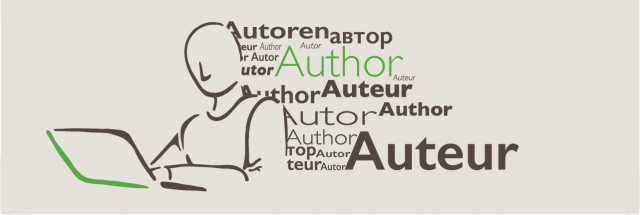Update on Reconciliation Efforts in South Sudan
On Saturday, March 23, updates were made to the Journey of Healing for National Reconciliation in South Sudan, including the rescheduling of the launch event.
During a meeting with the full Organizing Committee, led by Vice President Dr. Riek Machar and attended by Presidential Advisor Tor Deng and members of the Sudan Council of Churches and noted academics, those present discussed the current realities of the campaign and drew two conclusions:
First, consultations over the past month with many non-government groups and actors – such as faith-based and traditional leaders, women and civil society – have unearthed intense controversy over the reconciliation process. This was, indeed, one of the aims of the initiative. But more time is clearly needed for all major stakeholders to buy into the process so that it is carried by a broad-based coalition and so that feedback from the States can be heard.
Secondly, the austerity crisis in South Sudan, caused by conflict with Khartoum resulting in loss of oil revenues for over 18 months, has put severe financing constraints on the project. Many other sources of funding are being approached, but more time is needed to ensure this support.
For these and other reasons, the meeting rescheduled the start of the national reconciliation in two stages:
The training of the 200 Peace and Reconciliation mobilizers will go ahead, beginning in the first week of April. The IofC facilitation team has already trained 10 South Sudanese facilitators and has six civil society organizations ready to give input into the programme. The team has prepared a design that will allow participants to internalize and experience reconciliation. After four weeks of training, the 'mobilizers' will be immediately deployed in consultations in their own States and counties helping to create the groundswell before the launch.
The launch event and campaign originally planned for April 18-May 1 has been rescheduled and will be held in Juba from June 1-4. The outreach campaign will now take place from mid-April onwards through May, using workshops, meetings and consultations. It will utilize both top-down and bottom-up approaches.
Further updates will be released as new information is available. For the local news coverage on the change of date, see this article from the South Sudan Tribune.


